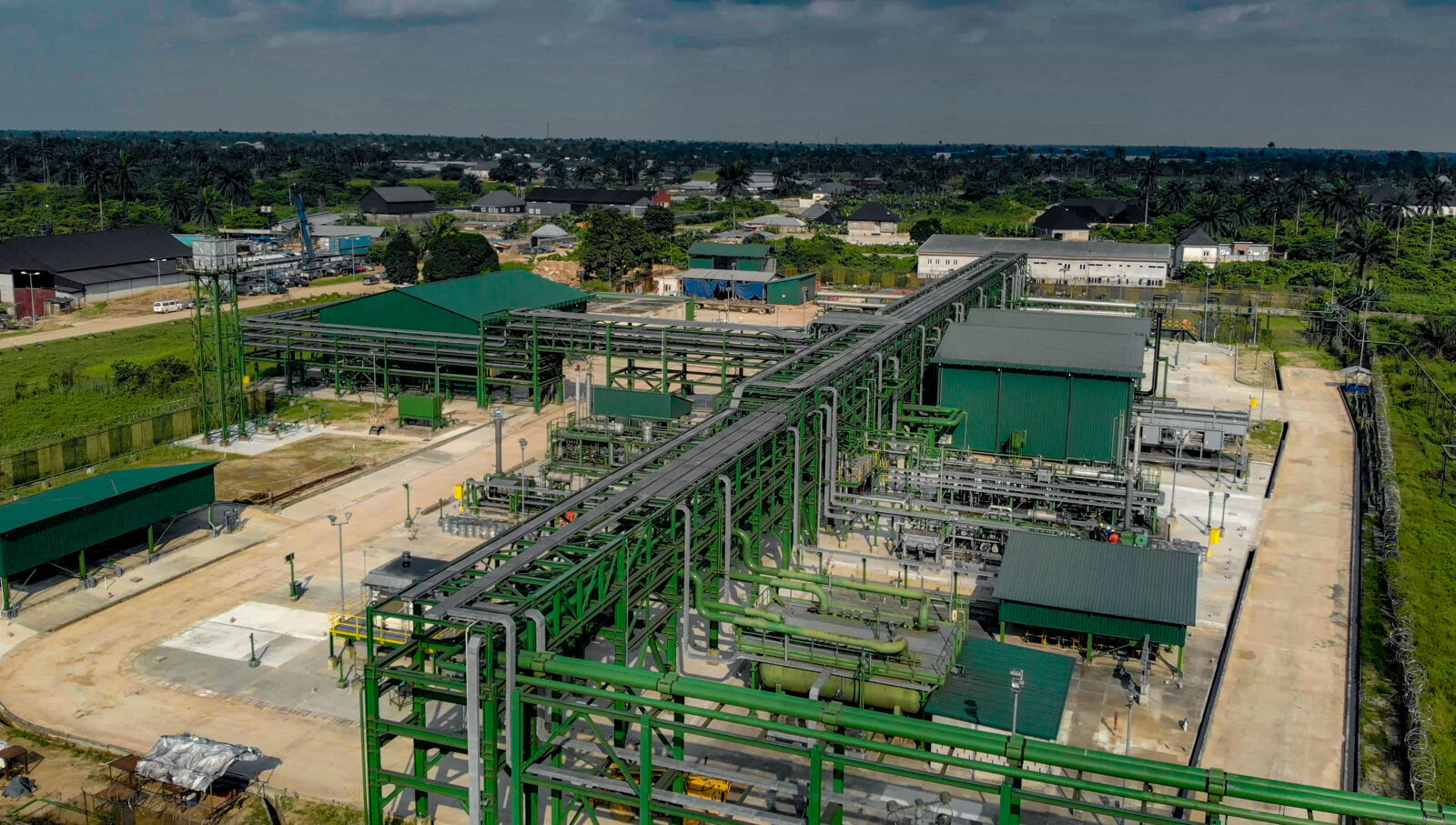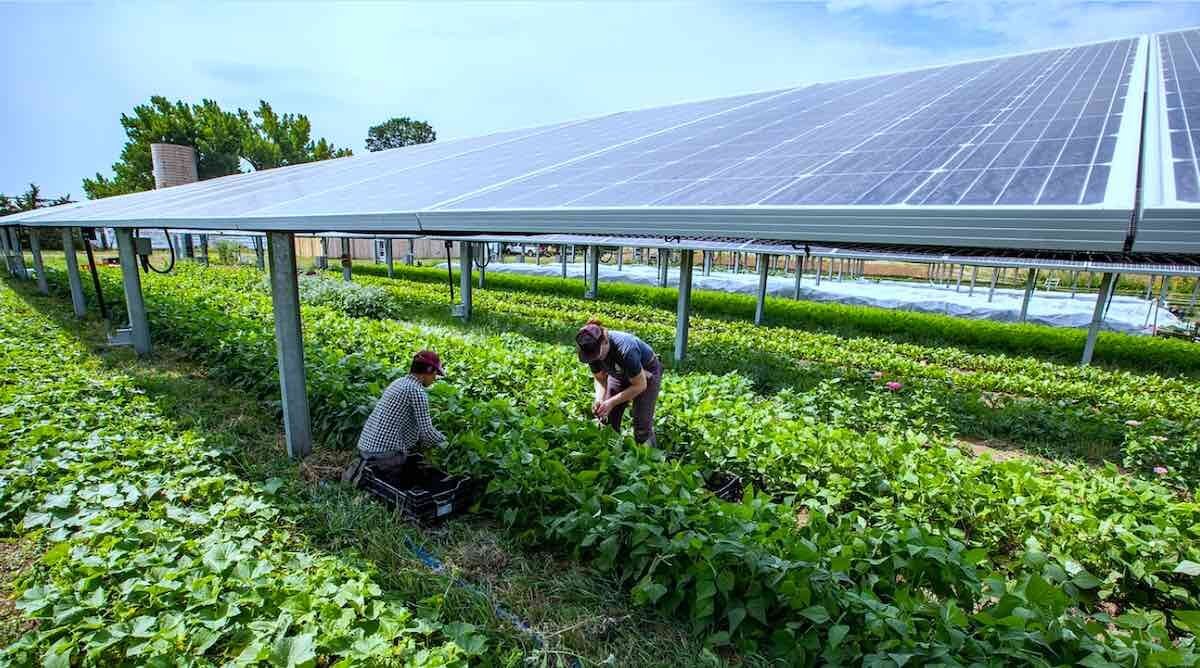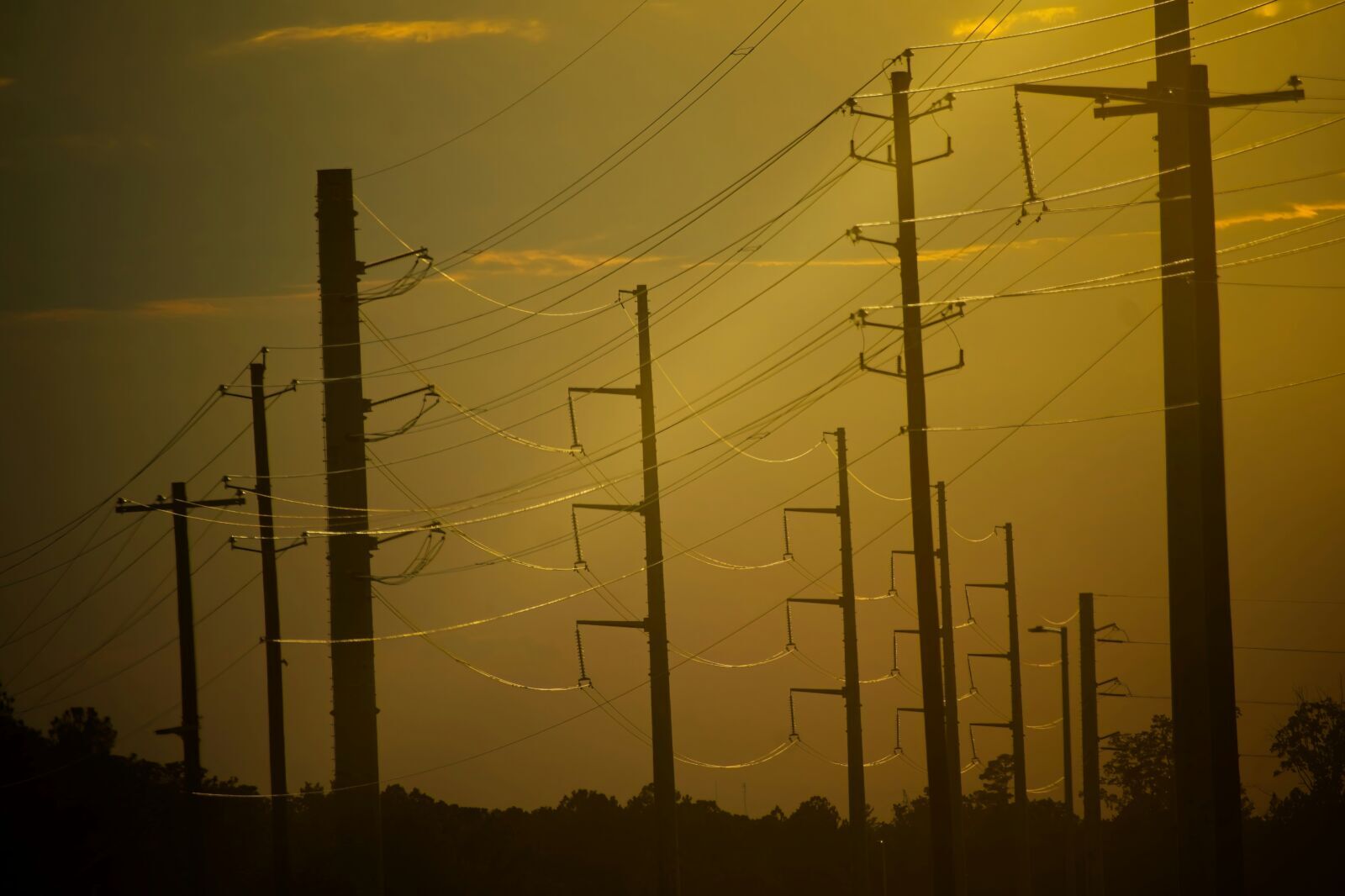Nigerian states are rewriting the rules for power investment, but success demands patience, partnership, and a nuanced understanding of local market dynamics. Panellists Ani Nkem Nnenne and Uade Ahimie shared their perspectives at a recent webinar to chart a roadmap for opportunity and resilience under the new Electricity Act.
Investment Opportunities and Challenges
On September 27, the “Investing in Nigeria’s State-Level Electricity Markets” webinar convened sector leaders, Ani Nkem Nnenne and Uade Ahimie, to dissect Nigeria’s evolving landscape.
Under the 2023 Electricity Act, eleven states, from Lagos to Enugu, have now introduced their regulatory frameworks, promising new opportunities and channels for energy investors. However, market entry requires patient capital, with breakeven periods stretching beyond five years, a point emphasised by both panellists.
Public-private partnerships, robust state and federal frameworks, and strategic risk mitigation emerged as pillars for attracting committed investors. “The window for returns is clear, but only for those willing to understand local realities,” noted Uade Ahimie.
Regulatory and Structural Realities
State-level regulation exists alongside federal NERC supervision, aiming for alignment rather than rivalry. Panellist Ani Nkem Nnenne highlighted Enugu’s innovative approach, a model of streamlined processes now licensing manufacturers of electricity equipment. Across the board, licensing involves transparent application, public notice, and rigorous compliance checks.
The sector’s “inverted pyramid” model places the consumer at the heart of the value chain, making a deep understanding of local payment behaviour and development plans essential for investors. As Nnenne emphasised: “Integrated resource planning isn’t optional, it’s the foundation for success.”
Risk Management and Contracting
Infrastructure vandalism and unpredictable policy environments present real risks. Insurance schemes, enforceable Power Purchase Agreements, and strong contract clauses are now baseline requirements.
State market rules define dispute resolution mechanisms, while panellists stress the necessity of negotiating stabilisation and payment guarantees upfront.
Emerging Hotspots and Financing Models
States such as Lagos with the requisite high population density, regulatory capacity, Enugu looking at rural electrification, process innovation, Rivers with a high-level industrial base, and northern regions with potential for solar-agriculture integration, stand out for renewable potential. Ani Nkem Nnenne underscored Taraba’s future promise, conditional on developing strong industrial off-takers.
Investment must rely on single-digit interest rates and patient multi-year capital, with blended finance structures, such as AfDB’s $1.1 billion loan, which could play a decisive role. State concessions and special CBN and bank interest rate structures may further tilt the scales in favour of ambitious investors.
Next Steps and Strategic Alignment
Looking forward, states must develop integrated resource plans and rigorous asset delineation frameworks, which would be of significant importance in attracting potential investors. Investors are advised to conduct thorough due diligence, develop innovative financing structures, and embed robust risk mitigation before embarking on such investments.
Panellists urge a balance between commercial viability and social impact, prioritising operation and maintenance alongside technical performance for sustainable outcomes.
The webinar captured a turning point: as Nigeria’s states have been given more control over their electricity markets, patient investors with an eye for local detail and a strategy for risk stand to benefit from the huge opportunities available.
As Ani Nkem Nnenne and Uade Ahimie contend, the journey ahead requires collaboration, strong institutions, and a willingness to shape business models to diverse state realities. For those ready to act, the power sector presents both a challenge and an unrivalled opportunity.














